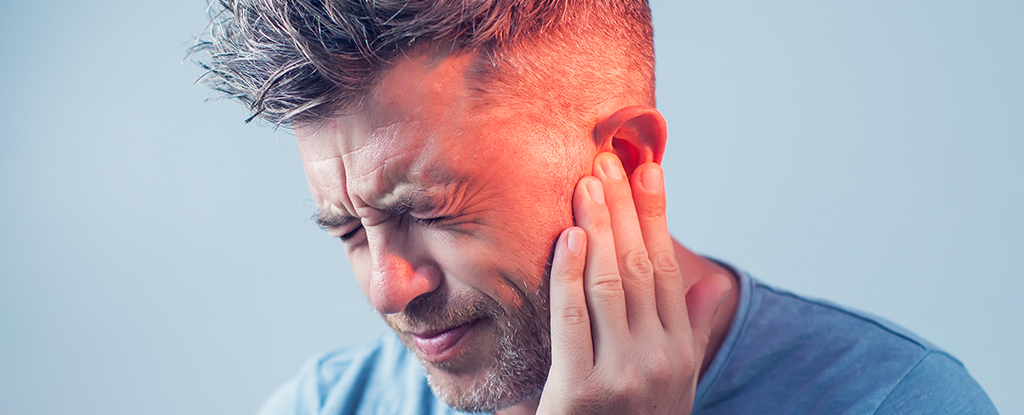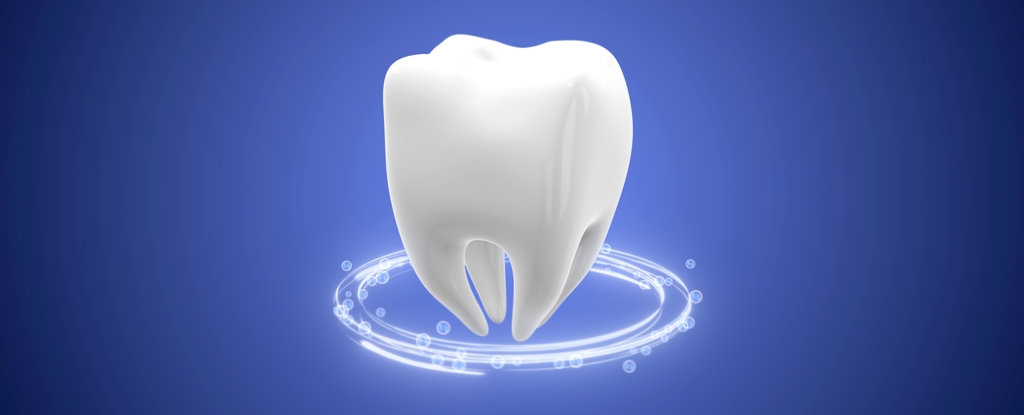Not a week goes by that I don’t see someone at my clinic complaining of a strange and constant phantom noise in one or both of their ears. The noise is loud, annoying and scary – and it doesn’t go away.
The type of noise varies from patient to patient: buzzing, puffing, hissing, ringing, roaring, rumbling, hissing, or a combination of these. But whatever the tone the condition is called tinnitus. And what tinnitus sufferers have in common is that it is not an external sound. Instead, the noise is literally in her head.
As a neurotologist – this is an ear doctor – I have seen about 2,500 tinnitus sufferers in my 20 year career. That might sound like a lot, but it shouldn’t come as a surprise — up to 15 percent of the US population experiences tinnitus. That’s more than 50 million Americans.
Around 20 million of these suffer from distressing, chronic tinnitus, with another 2 million struggling with it extreme and debilitating tinnitus. The condition seems to affect middle-aged people the most, but I’ve seen younger patients and even teenagers with tinnitus.
Doctors frustrated
What’s making the noise? Some researchers say tinnitus is generated in the ear. Others suspect it happens in the brain. But nobody is sure. There is no cure at the moment.
Unfortunately, as many patients have told me over the years, many doctors are dismissive of tinnitus. They say little to nothing can be done, tell patients to live with it, and say goodbye to them. This unsympathetic attitude leaves patients disappointed and upset.
Yes, tinnitus cannot be cured. But it’s also true that hearing care professionals have many strategies to help patients cope. For most people, there is a lot that can be done to relieve the symptoms.
Much about this condition remains a mystery, but doctors and researchers know that loud noises can trigger tinnitus. firearms, power tools, heavy machinery, MRI Scans and blaring music from even a single rock concert are often the culprits. Just a loud noise exposure – what doctors call acoustic trauma – can cause tinnitus, although in most cases it is temporary.
Because of this, many military personnel suffer from tinnitus, which may have been acquired from loud gunshots or the noise of vehicles and airplanes. In fact more than 2.5 million veterans Received disability benefit for tinnitus.
Other factors that can cause or contribute to tinnitus include sinus infections, Feverflu, emotional stress, caffeinenicotine, alcohol and some medicines, such as aspirin, ibuprofen and other nonsteroidal anti-inflammatory drugs. When people stop drinking these beverages or taking the medication, the tinnitus usually goes away on its own, or at least is reduced.
key to recovery
People who suffer from tinnitus should have an ear exam to rule out simple causes such as a buildup of earwax, an infection, or a hole in the eardrum. You should also undergo one comprehensive hearing test to assess your tinnitus.
Many patients are already caught in a stress cycle when they visit the doctor: the tinnitus increases the stress, the stress then increases the tinnitus, which in turn increases the stress, and so on.
Because of this, it is important for the doctor to reassure them that the tinnitus is not dangerous or life-threatening, nor a sign or symptom of anything more serious.
This simple affirmation is often enough for most people to successfully manage their tinnitus. The goal is to get patients somewhere where the illness won’t distract them as they go about their day or keep them up at night.
Treatments that can help
Background noise often drowns out tinnitus, and many external sources work. youtube has many sound-producing videos that can help erase the awkward sound, and Some of these have black screens it runs all night.
Free smartphone apps are available; For some people, air conditioners, fans, sound equipment, televisions, and radios can effectively mask tinnitus.
There are also sound-producing devices that fit in the ear to counteract tinnitus. These tone maskers, programmed by an audiologist, emit a tone at the same pitch as the user’s tinnitus, helping to neutralize internal tone. These devices are typically not covered by insurance carriers or Medicare.
Regular listening for people with hearing loss AIDS can camouflage the tinnitus by introducing background noise while helping patients hear.
Some types of Antidepressants and anti-anxiety medications work.
Another approach is cognitive behavioral therapy – i.e. talk therapy. This is particularly helpful for people with other diseases such as depression, anxiety, post-traumatic stress disorder, a history of concussion or other traumatic brain injury. By reducing this underlying stress, people can learn to live with it rather than fight it.
In some patients Tinnitus Retraining Therapy is working. It combines cognitive-behavioral therapy with a programmed noise-cancelling device that plays pleasant music – with the sound of the patient’s tinnitus embedded in the music.
The theory is that because the patient associates the tinnitus with pleasant music, the tinnitus no longer triggers anxiety or stress. research shows 80 percent of patients benefit at least partially from it from therapy.
But be careful with the many dietary supplements on the market to cure or reduce tinnitus. No scientific study has ever shown these supplements to cure this condition.
Other types of tinnitus
People who hear their pulse in one or both ears – that’s called pulsatile or pulse-synchronous tinnitus – consult a doctor. The cause of pulsating tinnitus, often described as a whooshing sound coinciding with the pulse, can be due to an abnormality in one of the blood vessels near the ear. Often these abnormalities are treatable and the pulsatile tinnitus can be reduced or even eliminated.
Likewise, those complain about a clicking or throbbing Tinnitus should also be investigated more thoroughly, along with those awakened by the noise; this can be a sign of a rare form of tinnitus.
Here’s another piece of good news. For many tinnitus sufferers, the passage of time can make a big difference. It can last several months or even a few years, but eventually the condition often largely goes away on its own — and its effects are greatly reduced.
Bradley KesserProfessor of Otology and Neurotology, University of Virginia.
This article is republished by The conversation under a Creative Commons license. read this original article.





